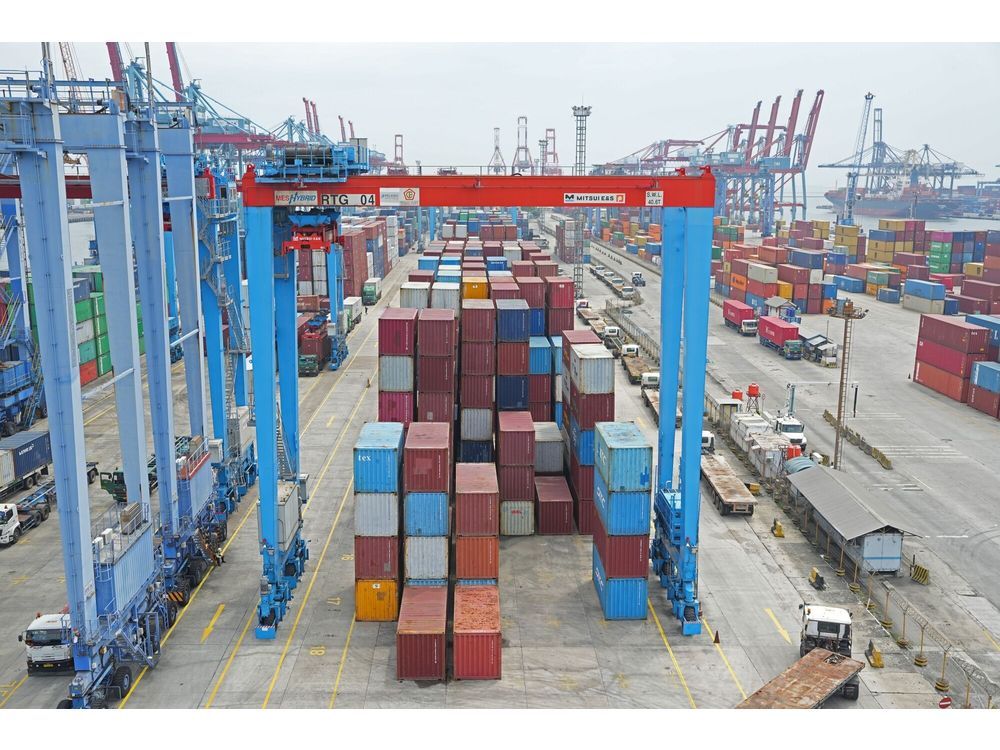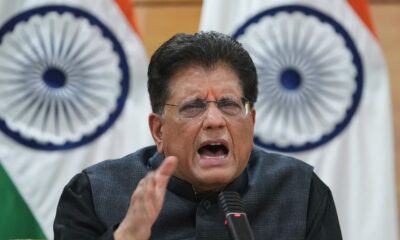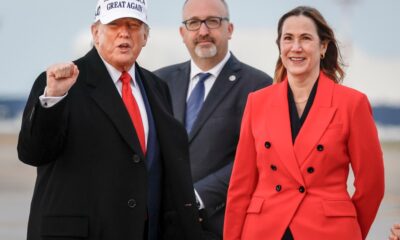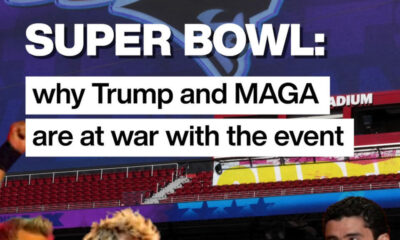Top Stories
Prabowo Secures 19% Tariff Deal with US Amid Trade Talks

Indonesia’s President Prabowo Subianto has confirmed a significant agreement with U.S. President Donald Trump concerning tariffs on Indonesian goods. The newly established tariff rate is set at 19%, a crucial detail following months of negotiations between the two countries. This announcement marks the first official confirmation of the terms previously discussed.
During a press briefing on Wednesday, Prabowo outlined the outcomes of his direct discussions with Trump. He emphasized that both nations acknowledge each other’s interests and indicated that negotiations will continue to improve the trade relationship between Indonesia and the United States. Prabowo is considering a visit to the U.S. in September or October to further these discussions.
Despite the tariff agreement, the terms had been under scrutiny, especially since Trump had previously claimed a similar deal with Vietnam that was not fully ratified by Hanoi. Reports suggest that Vietnam was caught off guard by the announcement and is actively seeking to negotiate a reduction of the 20% tariff imposed by the U.S.
Prabowo refrained from confirming Trump’s assertion that Indonesia would eliminate all tariffs on U.S. imports. He noted the necessity for Indonesia to increase imports of essential goods such as fuel, wheat, and soybeans. In a broader context, Trump had previously announced that Indonesia would purchase $15 billion worth of U.S. energy and $4.5 billion in agricultural products, alongside a commitment to acquire 50 Boeing Co. jets. Prabowo praised Boeing, stating that the aircraft are “quite good” and that Indonesia requires new planes for its national carrier, PT Garuda Indonesia.
The 19% tariff represents a significant decrease from the 32% Trump had threatened to impose beginning in August, placing Indonesia among the nations with the lowest tariff rates in the region. Only Singapore enjoys a lower rate of 10%. When asked about the government’s satisfaction with the current tariff levels, Prabowo responded, “If we were satisfied, it would be zero percent.” He emphasized the importance of economic stability, stating, “What matters is that our people are safe and our economy stays strong. Whatever happens, we will remain resilient.”
With the uncertainty surrounding trade relations alleviated, analysts predict a potential short-term boost for Indonesian assets. However, the broader economic implications remain unclear, particularly given the lack of details regarding the agreement’s provisions and timeline. Earlier this year, the Indonesian government revised its growth forecast down to 5% from 5.2% in light of the ongoing trade conflict.
The agreement is seen as a substantial victory for Indonesia, particularly for labor-intensive sectors like garments and footwear. Heriyanto Irawan, a member of Indonesia’s National Economic Council, described the 19% tariff rate as a “huge win” during an interview on Bloomberg TV. Although Indonesia’s exports to the U.S. account for approximately 2% of its GDP, the reduction in tariffs lessens immediate risks for its manufacturing sector, which employs millions.
As Shier Lee Lim, lead FX and macro strategist at Convera Singapore, noted, the new tariff level still poses challenges, but the reduction offers some relief to Indonesia’s labor-intensive industries. Looking forward, the focus will be on how these developments will shape Indonesia’s economy in the coming months.
-

 Politics3 months ago
Politics3 months agoSecwepemc First Nation Seeks Aboriginal Title Over Kamloops Area
-

 World7 months ago
World7 months agoScientists Unearth Ancient Antarctic Ice to Unlock Climate Secrets
-

 Top Stories1 month ago
Top Stories1 month agoUrgent Fire Erupts at Salvation Army on Christmas Evening
-

 Sports1 month ago
Sports1 month agoCanadian Curler E.J. Harnden Announces Retirement from Competition
-

 Lifestyle5 months ago
Lifestyle5 months agoManitoba’s Burger Champion Shines Again Amid Dining Innovations
-

 Top Stories2 months ago
Top Stories2 months agoFatal Crash on Highway 11 Claims Three Lives, Major Closure Ongoing
-

 Entertainment7 months ago
Entertainment7 months agoTrump and McCormick to Announce $70 Billion Energy Investments
-

 Science7 months ago
Science7 months agoFour Astronauts Return to Earth After International Space Station Mission
-

 Lifestyle7 months ago
Lifestyle7 months agoTransLink Launches Food Truck Program to Boost Revenue in Vancouver
-

 Technology5 months ago
Technology5 months agoApple Notes Enhances Functionality with Markdown Support in macOS 26
-

 Top Stories1 month ago
Top Stories1 month agoBlue Jays Sign Kazuma Okamoto: Impact on Bo Bichette’s Future
-

 Top Stories2 months ago
Top Stories2 months agoNHL Teams Inquire About Marc-André Fleury’s Potential Return




















